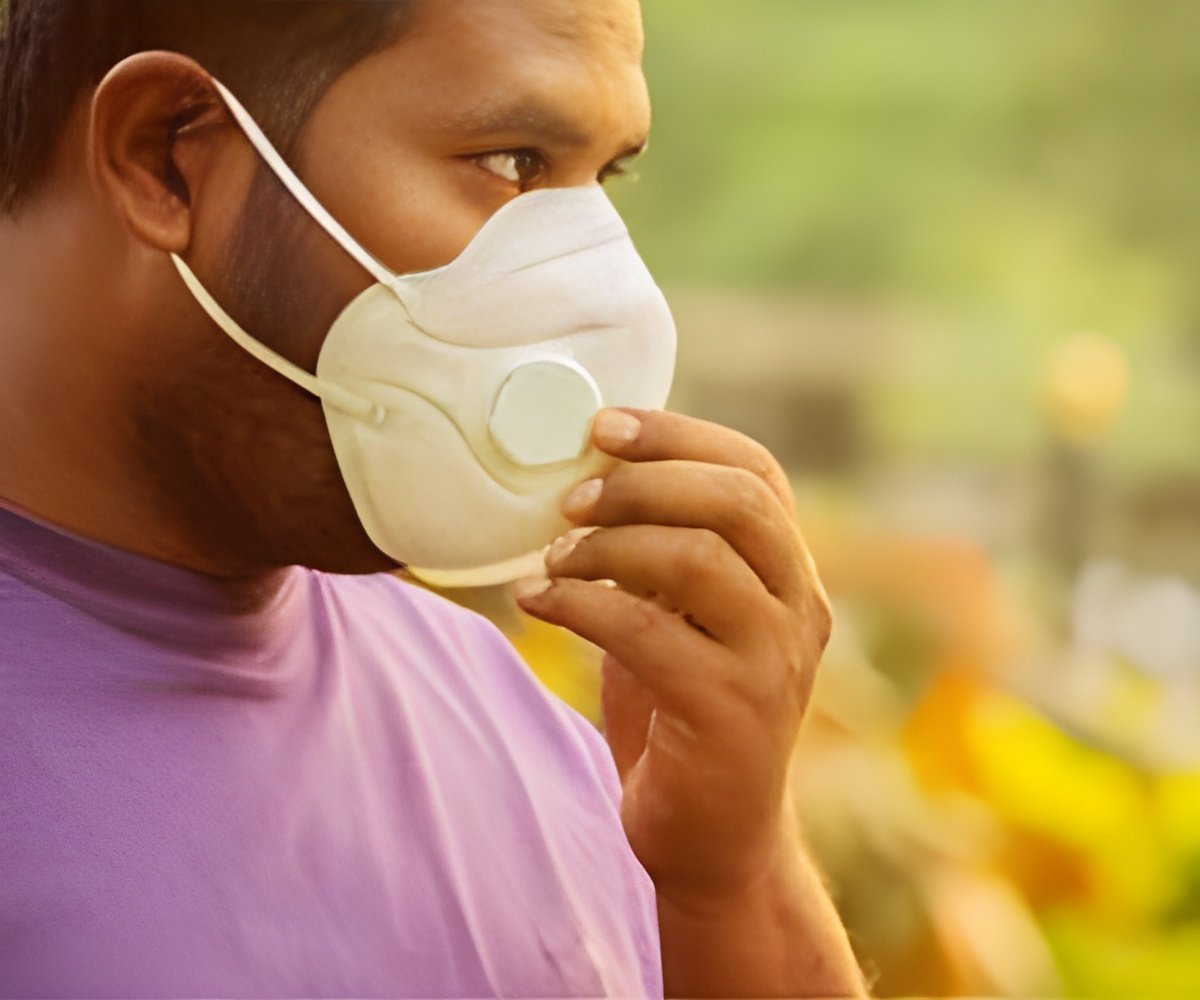In some countries, people started adopting the double-masking routine due to the pandemic's deadly second wave. However, worst-fitting masks can double the infection spread, reveals a study.

"Many people do not realize that the fit of face masks can vary. There are different face shapes and different sizes of masks," said Rupak Banerjee, a professor in UC's Department of Mechanical and Materials Engineering.
The team used three different-sized N95 face masks from the National Institute for Occupational Safety and Health attached to three different-sized mannequin heads identified as small, medium, and large. Using Computerized Tomography (CT), they created a 3D computer-aided design model. The gaps between the masks and the face of each dummy head were calculated.
The key findings from their assessment are,
• The airflow rate through the gaps of loose-fitting masks contributed from 30% to 95% of aerosol transport.
Advertisement
• The worst-fitting masks can reduce masking power and double the infection risk to the wearers and people around them.
Advertisement
"We're still not sure how effective the vaccine is on the variants. So, it's a good idea to continue wearing masks in gatherings for now," he added.
Source-Medindia









